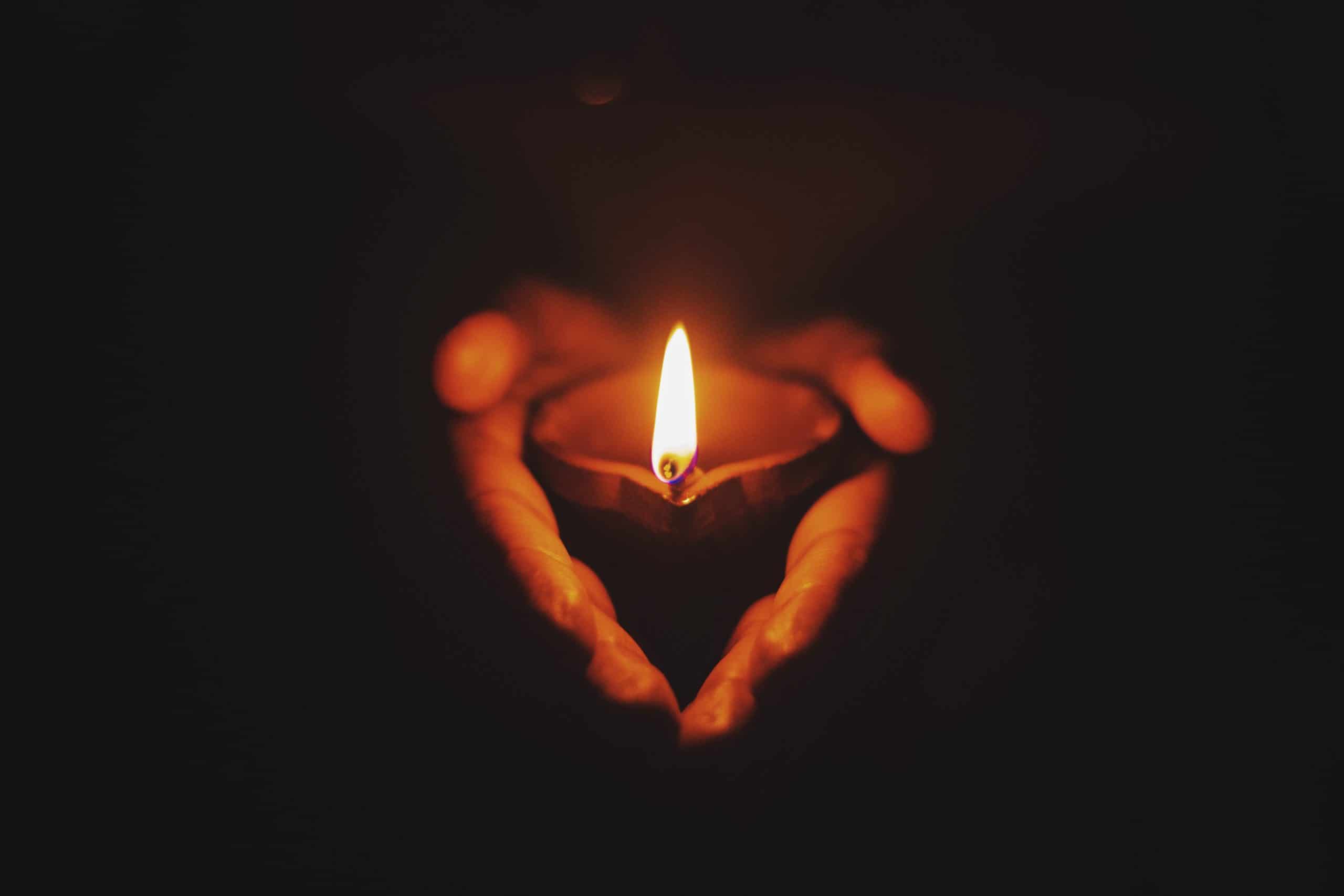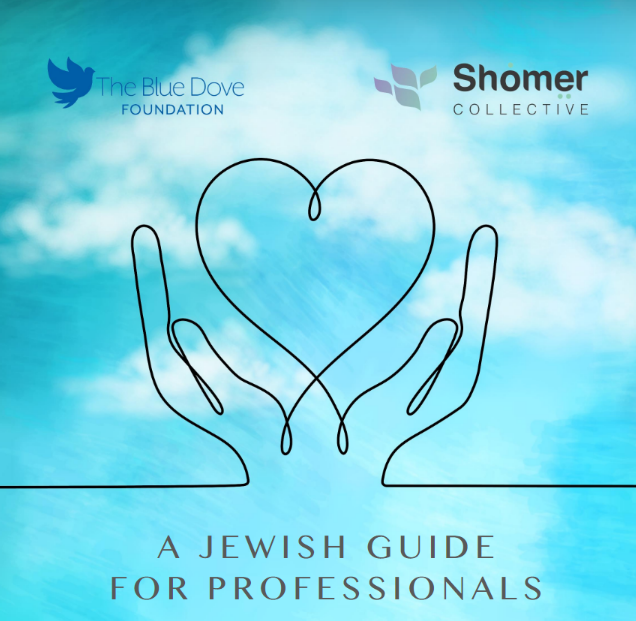What can we possibly say to a person who is grieving a traumatic death? We know too many examples of such events in our own lives, from the shock of death by suicide, to the realities of death by natural disaster, to the horror of death by terrorism, and more. And yet, too often, we are stunned into our own silence, and moreso, into our own inaction, not knowing what to say or do in response to a traumatic death in our communities.







